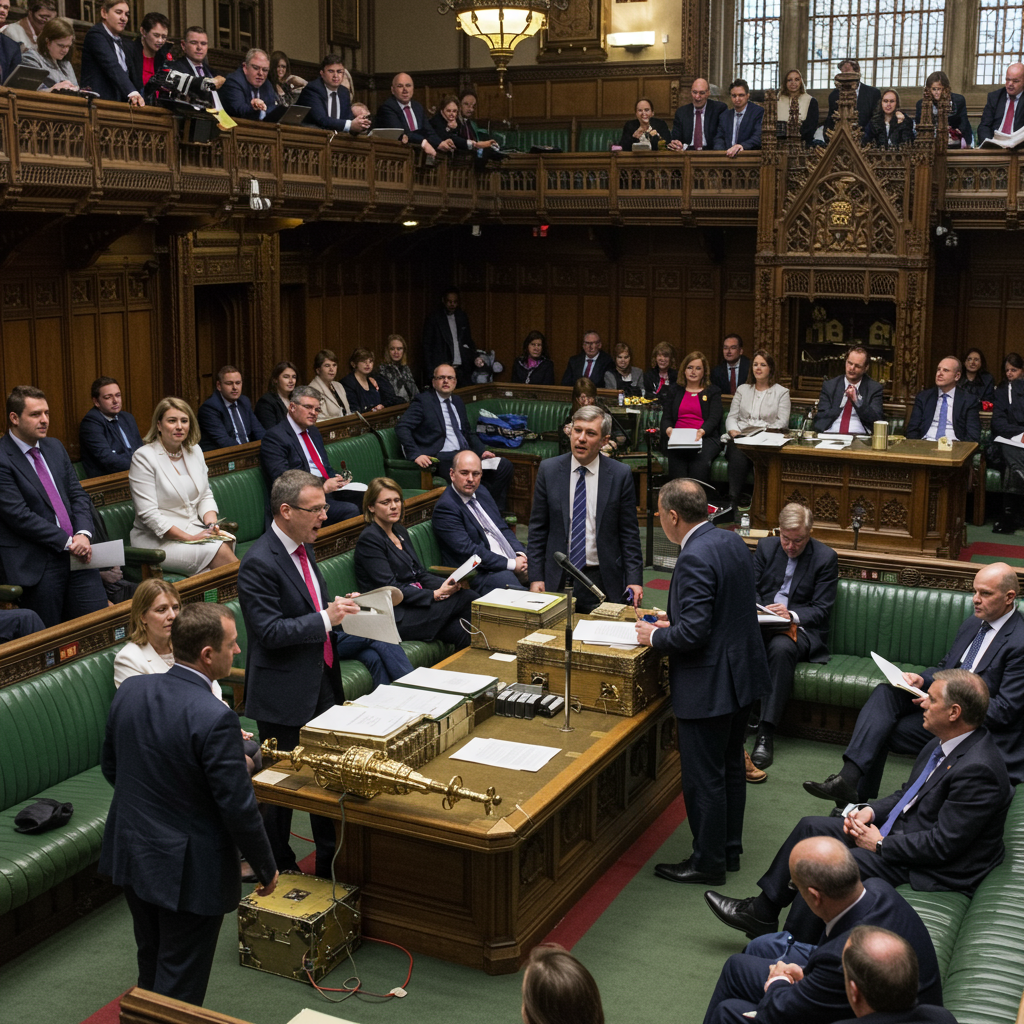UK Lawmakers Vote to End Prosecution of Women for Abortion
In a significant move for reproductive rights in England and Wales, British lawmakers have voted overwhelmingly to decriminalize abortion for women. The landmark decision prevents women from facing criminal prosecution for ending their pregnancies under outdated legislation dating back to the Victorian era.
The vote took place in the House of Commons on Tuesday, June 17, 2025, as part of approvals for amendments to a wider crime bill. The key amendment, championed by Labour MP Tonia Antoniazzi, passed with a decisive margin of 379 votes in favour to 137 against.
What Decriminalization Means
This legislative change primarily targets the Offences Against the Person Act of 1861, under which having or providing an abortion was technically a criminal offense, potentially punishable by a life sentence. While the Abortion Act of 1967 established legal grounds for abortions under certain conditions, the 1861 Act remained on the books, leaving women vulnerable to prosecution outside of these specific circumstances.
The new vote effectively removes the threat of criminal charges for women themselves, particularly concerning abortions that occur later than the current 24-week legal limit under the 1967 Act, or outside the strictly defined medical conditions. Medical professionals assisting within the bounds of the 1967 Act were already largely protected, but this amendment specifically safeguards women from facing the justice system for ending a pregnancy.
Why the Law Needed Changing
The push for decriminalization intensified amid growing concerns over recent criminal investigations and prosecutions targeting women. Over the past five years alone, more than 100 women in England and Wales have been investigated for suspected illegal abortions, including deeply distressing cases involving women who had experienced natural miscarriages or stillbirths.
Supporters of the change, including MP Antoniazzi, argued that applying criminal law in such sensitive and often tragic circumstances is cruel and serves no public interest. They highlighted that the focus should be on providing support and healthcare, not punishment, for vulnerable women.
The urgency was underscored by several widely publicized cases:
Carla Foster: A mother of three who received a significant prison sentence in 2023 for inducing an abortion late in her pregnancy. Her sentence was later reduced on appeal, with the judge noting the case warranted compassion.
Nicola Packer: Acquitted by a jury after taking abortion medication when she was estimated to be around 26 weeks pregnant, testifying she was unaware of the gestation period at the time.
These cases galvanized campaigners and lawmakers, demonstrating the impact of the existing law on individual women’s lives.
Abortion Law Context in the UK
Prior to this vote, abortion was legally permitted in England, Scotland, and Wales under the 1967 Act, primarily up to 24 weeks gestation, with exceptions for specific medical reasons (like saving the mother’s life or severe fetal abnormality) beyond that limit. During the COVID-19 pandemic, temporary measures were introduced allowing women to receive abortion pills by mail for home use up to 10 weeks, a change made permanent in England and Wales in 2022.
It’s worth noting that Northern Ireland decriminalized abortion separately in 2019, following intervention from Westminster due to the absence of a functioning local government. This change ended decades of highly restrictive laws in Northern Ireland, which were among the strictest globally and had forced many women to travel for services.
A Diverging Path from the United States
The vote in the UK sets the country on a distinct path compared to the United States. While the UK moves towards further decriminalization and safeguarding women from prosecution, the US has seen a significant rollback of federal abortion rights since the Supreme Court overturned Roe v. Wade in 2022, leaving the legality of abortion to individual states.
This difference highlights varying public attitudes. Surveys consistently show strong support for abortion rights in Britain, with polling agency YouGov reporting that approximately 88 percent of those surveyed believe women should have the right to an abortion.
Opposition and Next Steps
The decision faced opposition from anti-abortion groups, such as the Society for the Protection of Unborn Children (SPUC). Opponents argued that the amendment removes vital protections for “unborn babies” and could potentially lead to “abortion on demand at any stage of pregnancy,” as well as leave vulnerable women open to coercion.
While the House of Commons has approved the amendment, it is part of a larger crime bill that must pass the full House of Commons and then proceed to the House of Lords. Although the House of Lords can debate and delay legislation, they cannot ultimately block a bill passed by the elected Commons.
The passing of this amendment marks a crucial milestone for women’s autonomy and reproductive healthcare in England and Wales, shifting the legal framework away from criminalization towards a public health approach.



